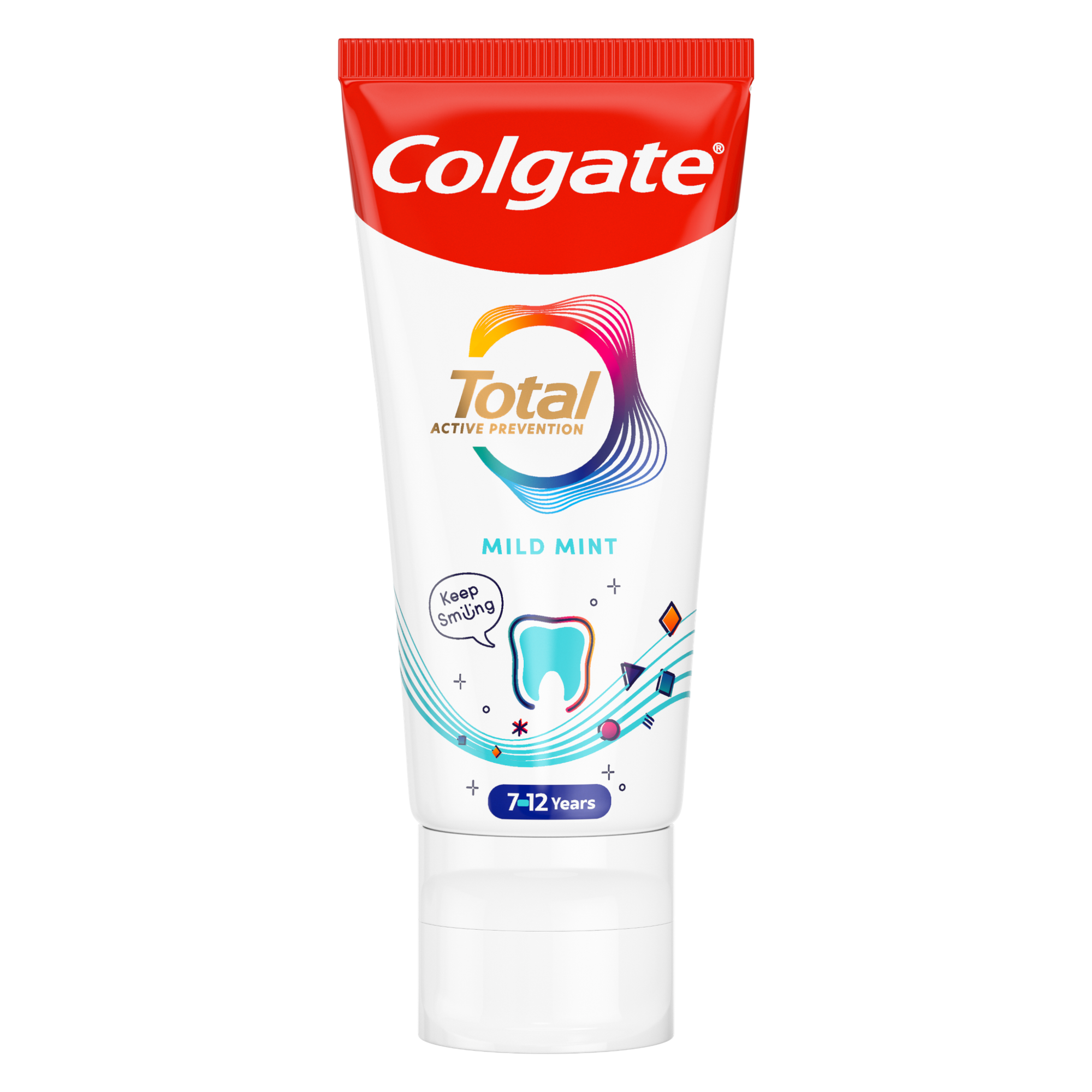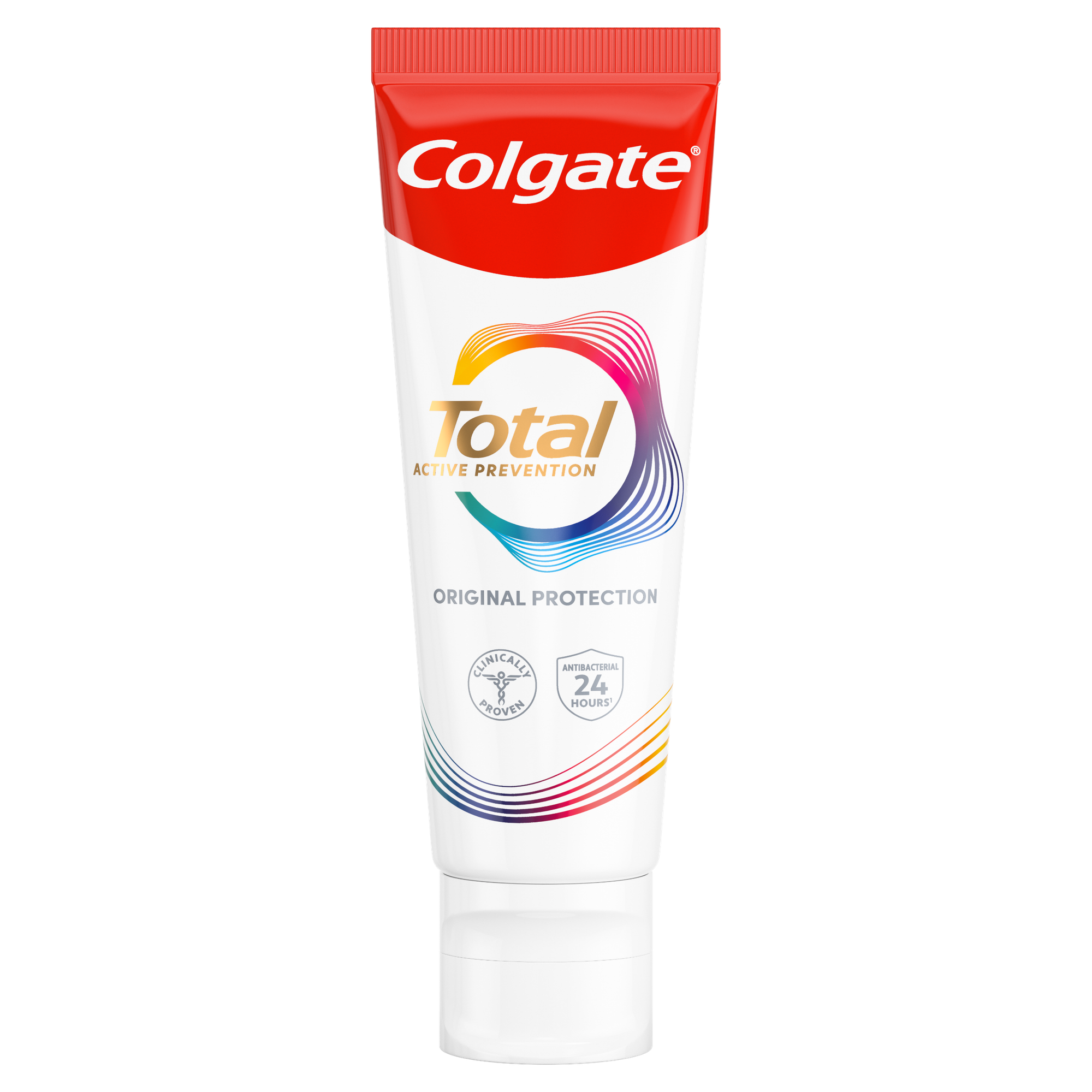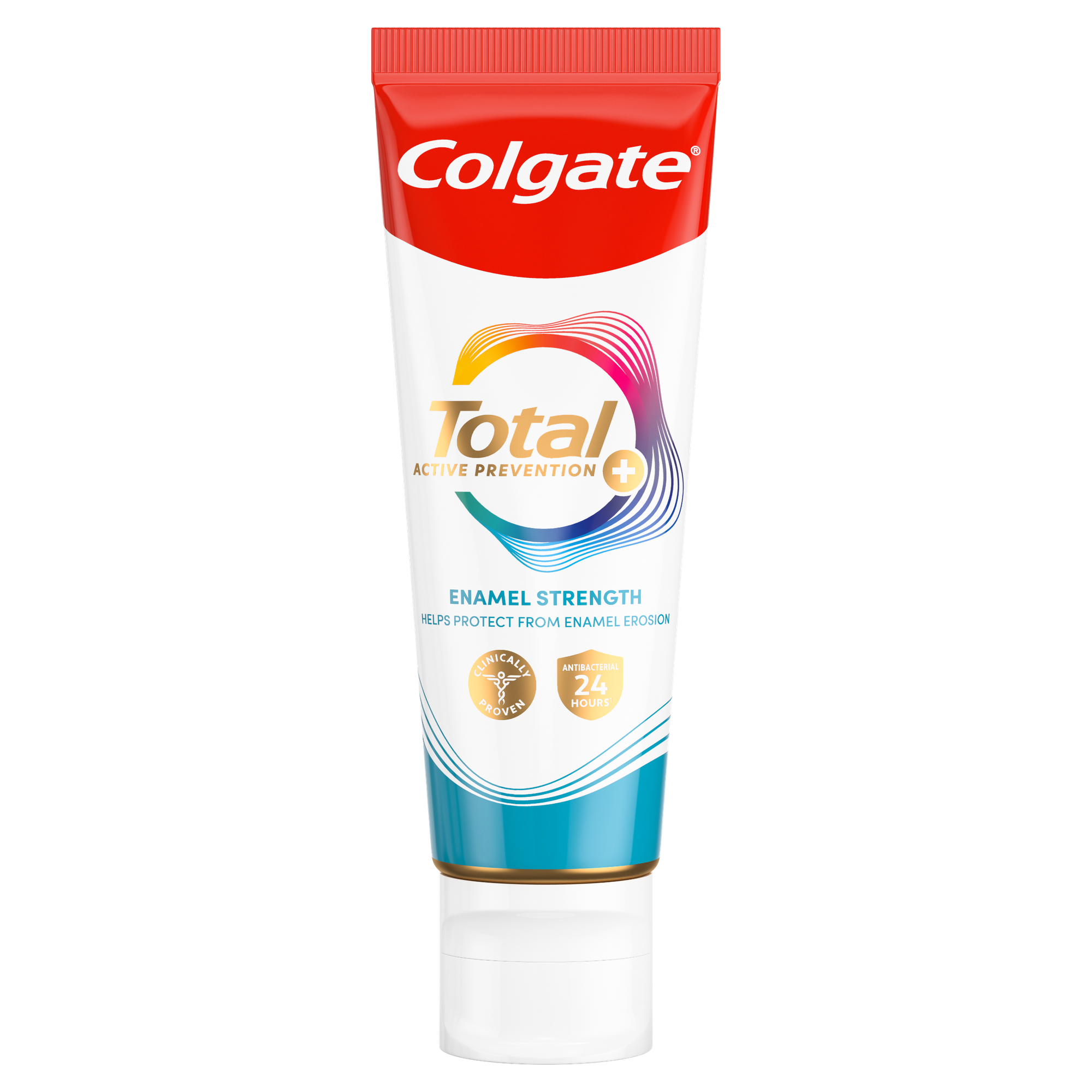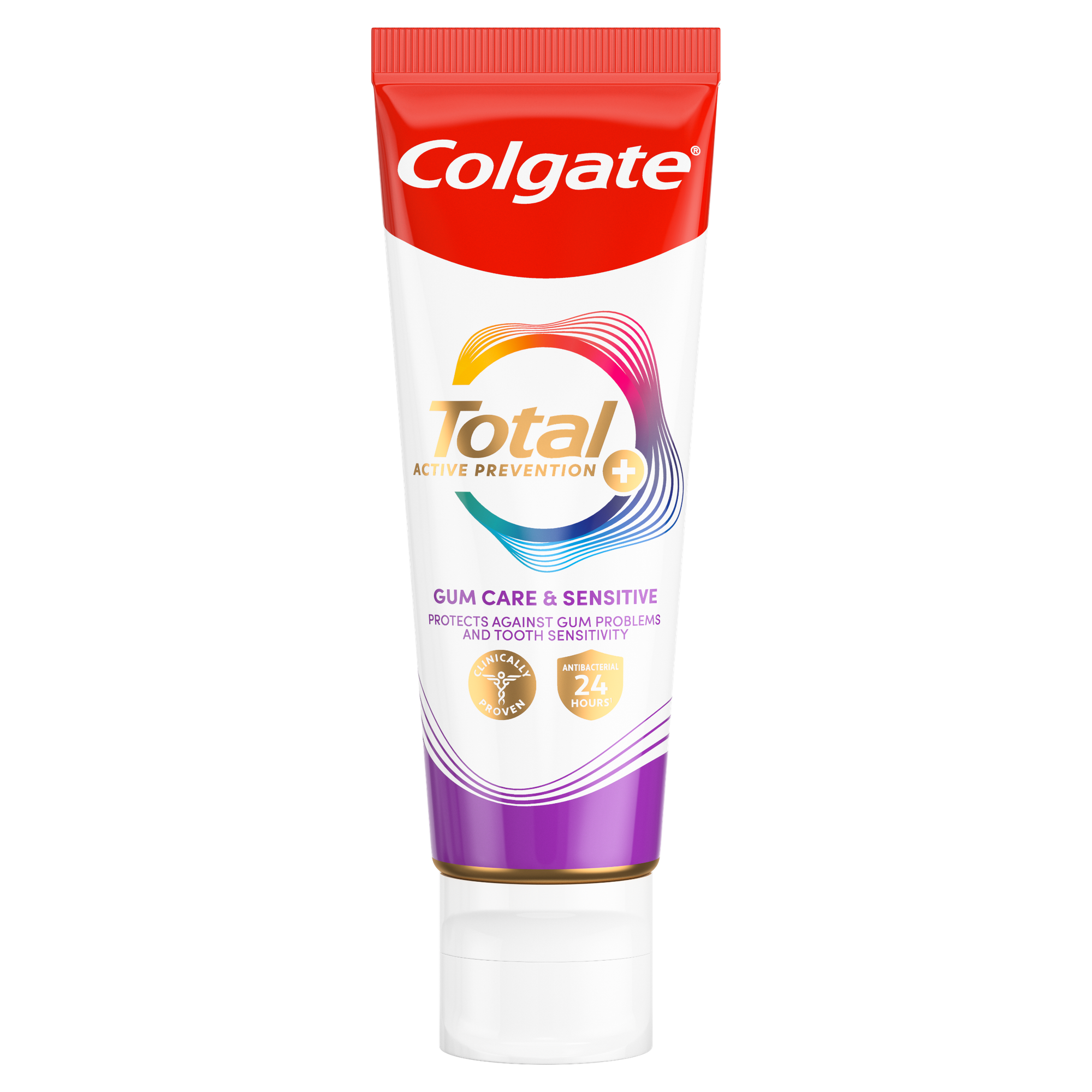Regular physical activity and dental health
These days, it’s very common to consume sports or energy drinks, especially if you participate in regular physical exercise. However, you may not have considered that the energy drinks you consume can have a negative impact on your dental health. Energy drinks are highly acidic and many contain citric acid and sugars that are very bad for your tooth enamel. A study carried out in 2021 concluded that regular physical activity is associated with an increased risk of dental erosion, especially under the influence of the frequent consumption of sports drinks. Almost half of the participants in the study who practiced sports experienced dental erosion and more than 50% of those people declared that they regularly consumed energy drinks. By sipping on an energy drink frequently through a match or training session, you’re effectively bathing your teeth in acid over and over again.
Why do top athletes have dental problems?
In addition to dental erosion due to consuming acidic energy drinks, there are other ways that athletes can experience dental health problems:
Injuries: athletes who take part in contact sports or even non-contact sports can be at risk of sustaining mouth injuries. A hard knock can leave athletes with missing teeth or injuries to teeth, gums, lips or jaws,
Saliva composition: a 2014 study showed that people who take part in regular physical activity had a higher risk of cavities due to a more alkaline pH in their saliva. A more alkaline saliva is thought to contribute to the development of tartar and tooth decay.
Mouth-breathing: a good flow of saliva can help to flush bacteria from your mouth, however, many athletes breath through their mouth during sports or workouts which greatly reduces saliva flow. This gives bacteria an environment in which they thrive and can increase the risk of tooth decay and conditions like xerostomia (dry mouth).
What high-level sports can affect oral health?
Many high-level or endurance sports are linked with dental health problems. For example, runners may develop dry mouth due to mouth breathing and lack of salivary flow. Contact sports like boxing or rugby can increase the risk of injuries to the teeth and mouth, and swimmers can develop oral problems like tooth sensitivity and transparent edges on their teeth due to the alkaline pH of the chlorinated water. Before the 2016 Rio Olympics almost 50% of the Dutch athletes required dental treatment before the event to allow them to participate.
How to protect your teeth
If you partake in regular physical activity or play endurance sports and are concerned about dental erosion there are many things you can do to protect your teeth and strengthen your dental enamel. We’ve listed some key points below:
Use a fluoride toothpaste that has been specially formulated to remineralise your dental enamel and protect against erosion – for example, elmex Opti-Enamel Sealant and Strengthening Toothpaste.
Try to eat non-acidic foods like dairy products and fresh vegetables.
Sugar can cause a lot of damage to enamel, so try to avoid sugary treats as much as possible and opt for a sugar-free variety of chewing gum and fizzy drinks.
Avoid energy drinks and sports drinks as much as possible – even sugar-free varieties can be highly acidic due to the citric acid they contain.
Drink more water to rinse away bacteria and food particles from your mouth.
Drink through a straw and don’t swish drinks around your mouth.
Wait for an hour after eating something acidic before brushing your teeth – brushing straight after can cause more damage to your teeth.
Many athletes choose to wear mouth guards during sport to protect their teeth from unexpected knocks or injuries.
Take a calcium supplement or multivitamin if you’re not getting enough nutrients through diet alone.
If you’re a top athlete or take part in endurance sports or regular physical activity, make
sure you're looking after your dental health just as much as your physical health. Follow a thorough oral hygiene routine and visit your dentist regularly for checkups and professional cleaning.
This article is intended to promote understanding of and knowledge about general oral health topics. It is not intended to be a substitute for professional advice, diagnosis or treatment. Always seek the advice of your dentist or other qualified healthcare provider with any questions you may have regarding a medical condition or treatment.
ORAL HEALTH QUIZ
What's behind your smile?
Take our Oral Health assessment to get the most from your oral care routine
ORAL HEALTH QUIZ
What's behind your smile?
Take our Oral Health assessment to get the most from your oral care routine













